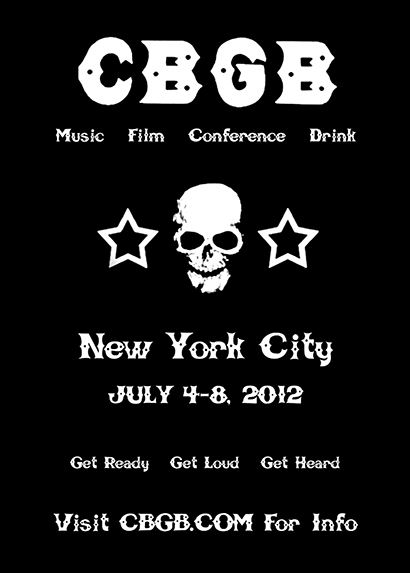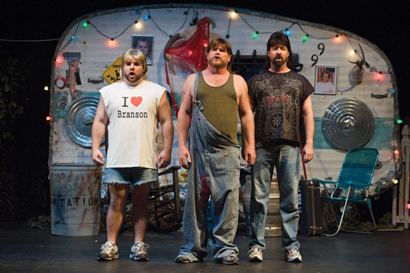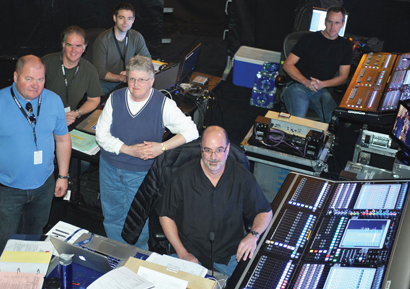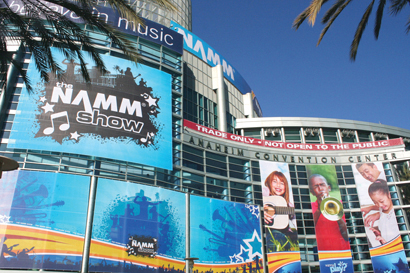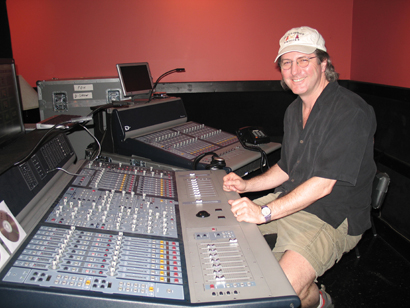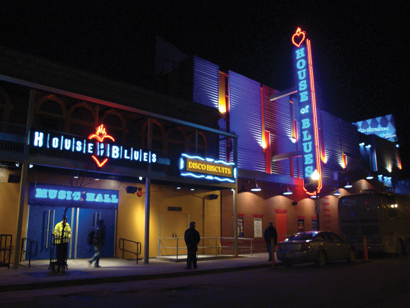CBGB May Have Closed, But the Brand Never Left
You thought all that was left of New York’s legendary rock club CBGB were some tourist T-shirts sold on St. Marks Place and Canal Street in Chinatown? Think again — the legendary dive bar brand that incubated artists like Television, Talking Heads, The Ramones, Blondie, Sonic Youth and Patti Smith is coming back. In the process, it reminds us that the club brands of the 1970s and 1980s remain a potent force in live music, as the industry sees shrinkage in arena gigs and small rooms once again become ascendant.
Read More »